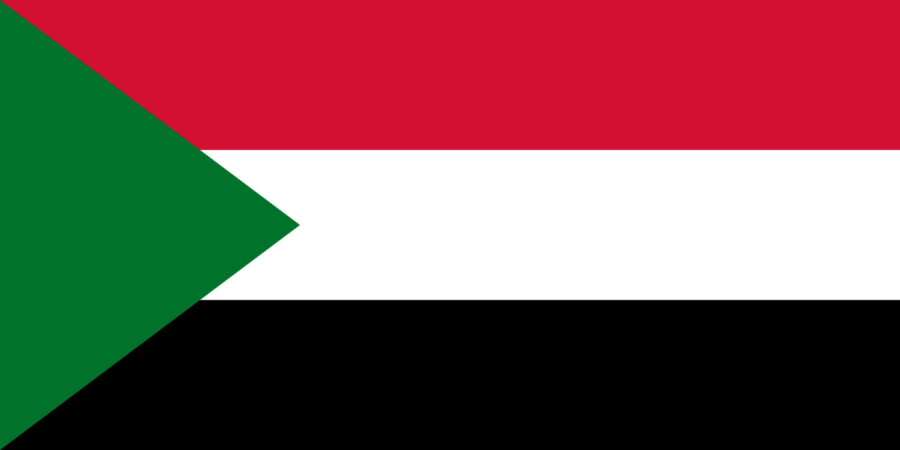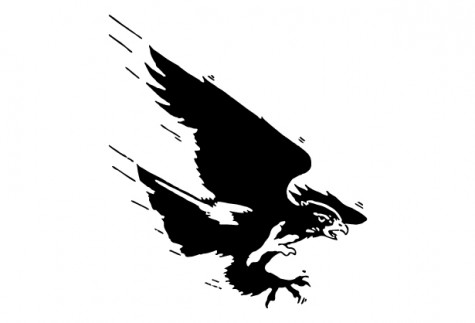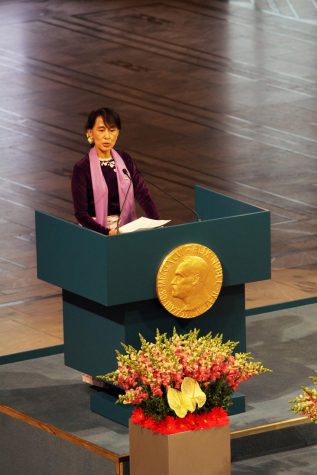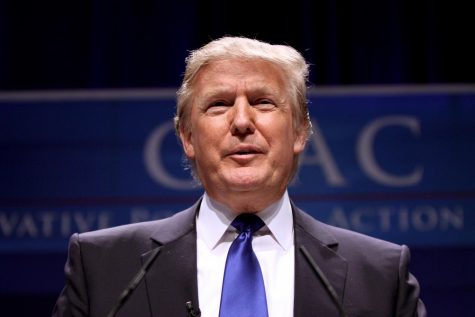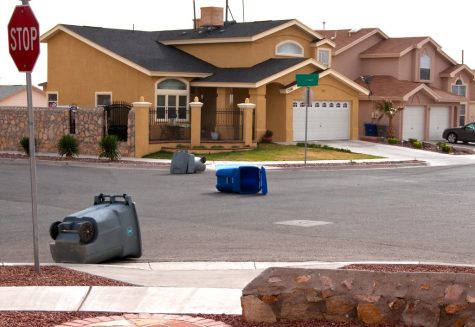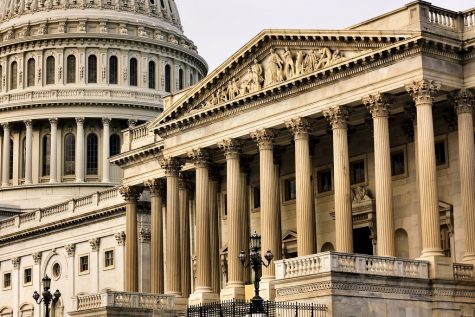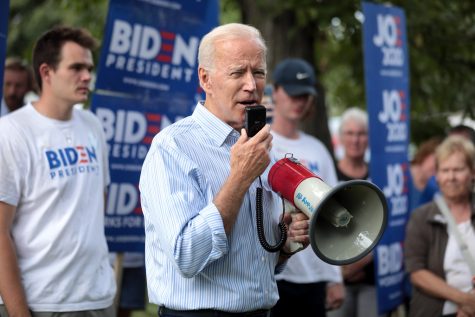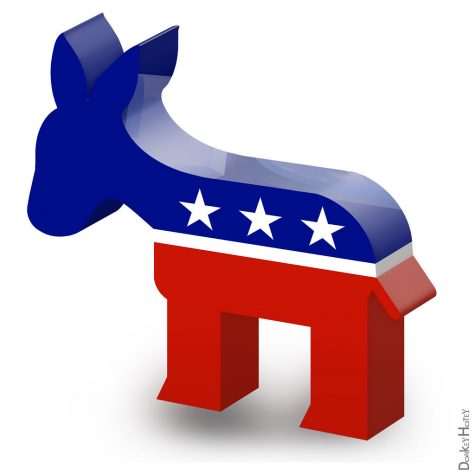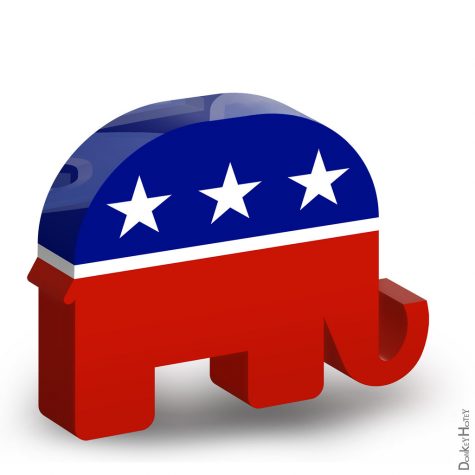Problems in Sudan
August 31, 2019
The US may seem like a political thunderstorm, but this makes it easy to forget about what’s going on across the world. Sudan appears to have had it the worst these past few years. The people of Sudan went from the frying pan into the fire when they overthrew the tyrannical president Omar al-Bashir, only to have him be replaced by a worse military dictator.
Omar al-Bashir came to power in 1989 thanks to a military coup amid the civil war. His government helped put an end to the violence and even granted the South independence. However, when another civil war started to break out with Darfur, al-Bashir wanted to put it down using any means necessary. He planned attacks on the citizens of Darfur and pillaged their towns, including a genocide campaign claiming thousands of lives. This resulted in an ICC arrest warrant on him for the charges of genocide, war crimes, and crimes against humanity. This warrant also came with an international travel ban.
Despite this, he still was able to go on state visits to Egypt, Saudi Arabia, and South Africa, which he had to cut short. Large scale protests started in Sudan because al-Bashir announced that he would raise prices on bread and fuel. The people wanted his government to step down, but al-Bashir stayed in power. In February of 2019, he declared what is essentially martial law.
Eventually, al-Bashir even lost the loyalty of his military, and his government fell on April 11th to a military coup, the same way al-Bashir had gained power 30 years prior.
After this coup, Lt. General Abdel Fattah al-Burhan became the formal leader of Sudan. However, Lt. General Mohammed Hamdan, one of al-Bashir’s top generals, is the de facto leader of the country. He leads a group of al-Bashir’s militia called the Janjaweed, which was responsible for many of the atrocities committed against the people of Darfur, including one campaign against the rebels there that lead to the death of over 300,000 people and decimated many remote villages.
However, this was not the only time Hamdan committed terrible atrocities. Just a couple of months ago, Hamdan’s forces forcefully shut down a protest in Khartoum, the capital of Sudan. The people were protesting the new government for not transitioning to a citizen-led government. These were the same people that helped the old government fall, but they were given no regard. The new government even went so far as to suspend the constitution of Sudan. They were going to have an election in 9 months, but this was too long for the people to wait, so the people protested. The military came in and killed between 50 and 100 people with over 600 injured. The government says that the people provoked them, but eyewitnesses say that the military showed up and started shooting at the people. They burnt down tents and beat people with sticks. They were there to shut down the protests, not to keep them under control. After this, the military stayed in the city and now patrols the streets, has checkpoints on the roads, and cut off internet access. The military has total control over the city, and the people can’t do anything to stop it.
Compared to what is happening in Sudan, our system is very tame. We might say that our government is restricting our freedoms, but we still have so much when we compare ourselves to many around the world. We should acknowledge how lucky we are to be living in a place where our freedom of speech, freedom to protest, and freedom of the press are protected, but we should do more than that. We need to try to do whatever we can to help other countries with less. We need not help only as a country, but also as individuals.
